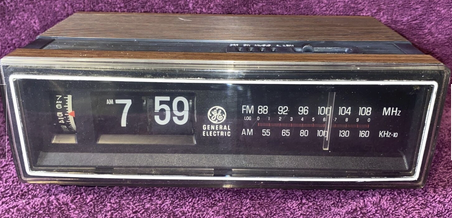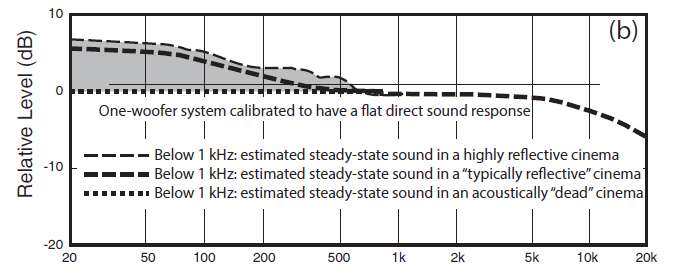I think a lot of the stuff doesn't matter, and hearing differences between, say , a rhodium plated outlet and a gold plated one as a broad example, is likely about your mood in that moment, and possibly anxiety in trying to find a difference.
My feeling and experience suggests that these things are such a drop in the ocean of a complex signal chain with hundreds or thousands of electrical components, the room, placement, etc — that any audibility is likely imagination.
It depends on context, but in general gold vs rhodium plating can make for significant and easy to hear differences.
This is especially apparent when going "all-in" on one solution, for example using all Furutech rhodium plated NCF AC power gear. There's a lot more than just the plating going on there, the use of pure copper, addressing vibration, and measurably reducing noise for example, but this is a massive night and day difference vs commodity or even decent gold plated gear.
And I have dozens of customers I've personally worked with over many years, so my opinion isn't just a n=1 experience. The degree of correlation shown from system to system with different people who have no contact with each other saying approximately the same thing makes for a statistically significant result, and I am fairly sure of my current conclusions and beliefs on the subject correlate closely with reality.
People are free to believe whatever they like and come to their own conclusions but there's often not enough information to draw firm conclusions, yet we do so anyways. People want to have opinions and think they know, on any subject. It's unbelievable how many people became experts in respiratory viruses, geopolitics and world history over the past few years and will give you firm opinions on these subjects with minimal to no real education on the subject. The same applies to our n=1 experience in audio, even "experts" will cite this one experiment they did decades ago to backup their misguided beliefs.
Here's one example of this issue... At audio shows two companies, one a speaker and one an amp manufacturer, test cables in the context of a system that has completely disregarded cables, wire, crossover component quality, etc. Then they invite people to bring them speaker cables and when they make little to no difference claim it's because, if you have properly designed gear, cables don't really make a difference. Sound familiar? Well, the speakers and components are so poorly made and so colored that no one thing is likely to make any difference whatsoever. The same company made an A/B comparator box using the same cheap and colored sounding parts, and proceeded to test cables with their crappy box in their horrible system, and make the claim that indeed, just like they thought, nobody can hear a difference. This happens ALL THE TIME, and even HARMAN is complicit in this when they did their speaker preference testing, all speakers have the same amps, the same setup, etc. a ML speaker that was broken was used for testing, and setup in the same space they test their conventional speakers. It's absolutely ridiculous and just a very poorly thought out and executed experiment that is not science, it's a setup that is designed to confirm their own inherent biases. It's the exact opposite of scientific.
It's the same kind of logic that lead millions of folks to consume margarine instead of butter and trade-in their healthy diet for a low-fat, high carb diet based on processed foods that is now making the world obese and sick. Bias is all consuming and completely obscured the truth, and the vast majority of folks bought it. Now people lament the fact "experts" are not given the respect they "deserve". This, and countless similar examples, is the reason why.
Audio is great in so many ways. Clarifying the way we draw conclusions and form beliefs is just one of them. Work on any complex system has a similar effect. Cars are another good example. A non-pro weekend mechanic with little experience is often willing to draw conclusions based on information relayed to them by someone who is completely unfamiliar with cars, yet a seasoned mechanic with 100x the experience is MUCH less likely to tell you with any certainty what the problem is given the same incomplete info.
In an audio system, anything that is required for the system to function makes a difference. In addition, anything that has an effect on room acoustics, anything that alters the way things in the system vibrate, anything that adds or reduces noise, makes a difference. Often effects that are claimed to be "too low level to hear", are in fact audible. Almost everything on Ron's list fits this criteria to some degree.











